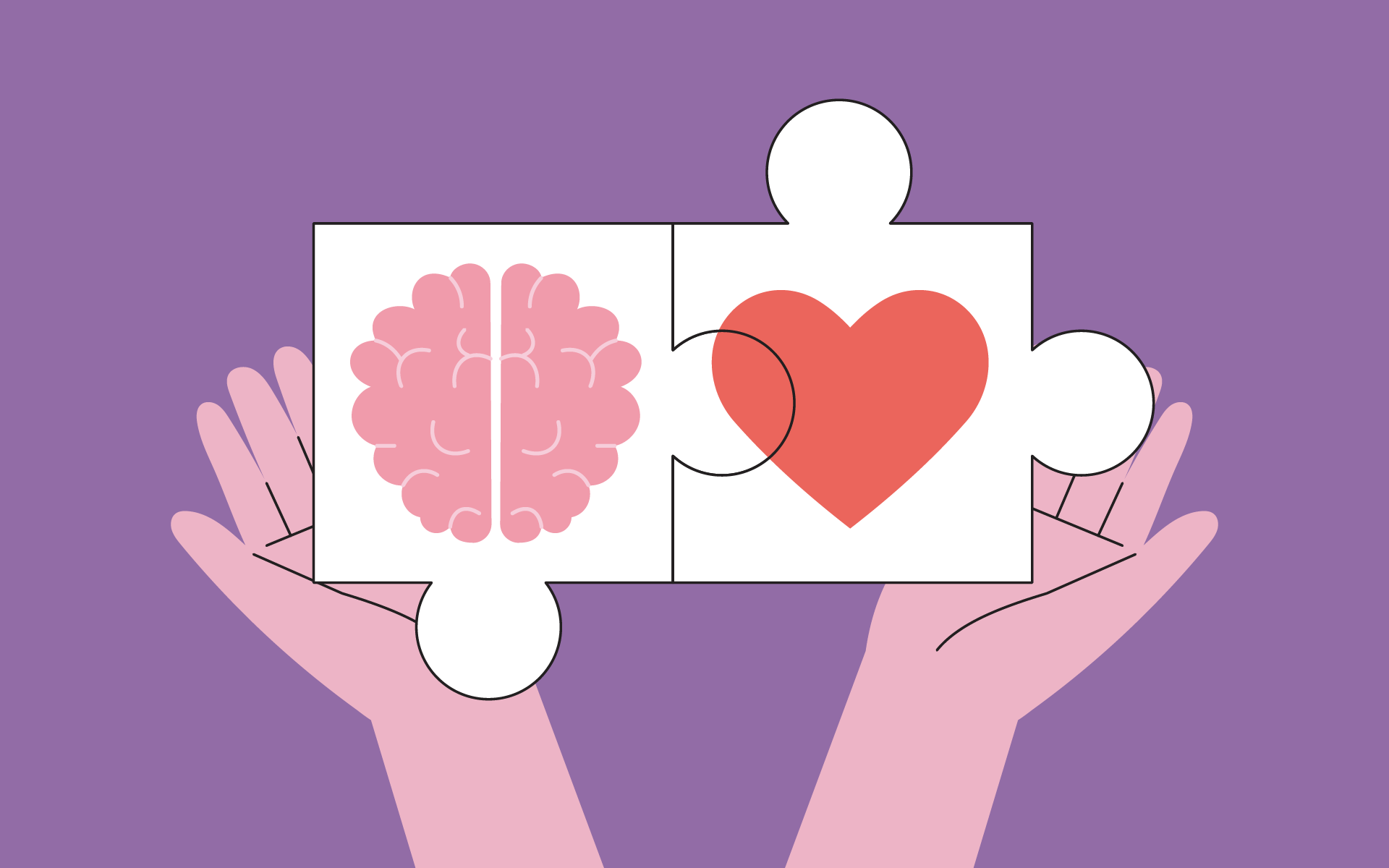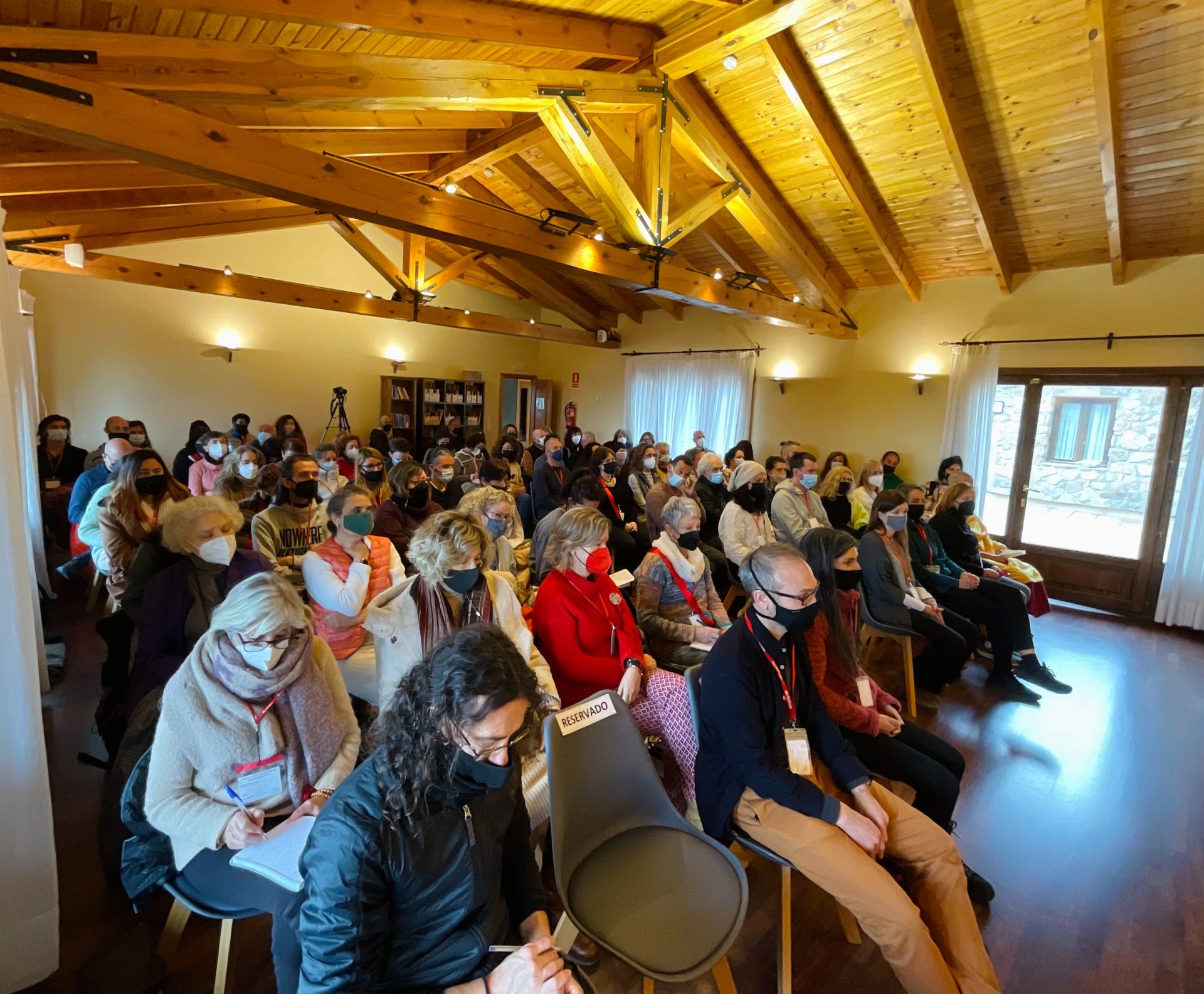Deep Resilience: The Wisdom of Making Friends with Your Mind
We hear the word “resilience” often, but not always from a mindful perspective. Melli O’Brien explores what it really means to be resilient, and how it helps us understand who we truly are. The post Deep Resilience: The Wisdom...

In everyday language, we talk mainly about “the body,” by which we mean our physical body, and “the mind.” This is sometimes referred to by some teachers and traditions as “the thinking mind,” “the human mind”, or “the ego.” To use the analogy of the ocean, the thinking mind, when compared to the depths of awareness, is like the small waves on the surface of who you are.
Your deeper nature is able to observe both your physical body and your mind, all thoughts and emotions; therefore, it is more fundamentally and essentially you. It is the deepest, the most core aspect of who you are.
The deep self is awareness, the part of you that is aware of everything else: aware of every feeling, every thought and every perception that you ever experience in your life. All thoughts, feelings and perceptions arise, unfold and dissolve in awareness like waves coming and going on the surface of the ocean.
Some people on a personal development or spiritual path make their mind into an enemy to overcome, subdue or get control of. They may even want to “destroy the ego” or get rid of certain parts of themselves. In my experience, this attitude sets up an inner battle with ourselves that aggravates the mind, brings tension and stress into our system and blocks our ability to wake up to our deeper nature and higher potential as human beings.
Intelligence Vs. Wisdom
Deep resilience is an approach that befriends the mind, treating it, and all parts of our selves, with understanding, respect, and care. The mind/ego is a useful, valuable, and essential part of our human system; however, the deep resilience model asserts that the thinking mind should not be the lead of our system. Deep resilience is the ability to access and then act from our deeper nature and let it lead our system. With the deep self as the guiding force, we are better able to live guided by awareness and in ways that align with our values. We’re better able to live from love and wisdom, not from confusion and fear.
Deep resilience is an approach that befriends the mind, treating it, and all parts of our selves, with understanding, respect and care.
The thinking mind has gifts and has worked so hard to help us survive and keep us safe. It is good at what we might call intellectual intelligence: logic, planning, problem solving, memorisation and setting goals. It is skilled at manipulating the outside world, utilising the external environment to stay safe, get resources, attract a mate, make things happen and to apply the lessons from the past to the present. As we have seen, however, it also has primal survival-based wiring, and if left in the lead and operating unchecked without wisdom, it will play out its conditioned patterns, often to the detriment of our well-being, happiness and overall quality of life. This applies both individually and collectively.
The thinking mind just doesn’t know how to make you truly happy. It may lead you toward pleasure, but it knows nothing about how to lead a meaningful, fulfilling life. This is because it only has survival-based logic and conditioning to follow.
It also lacks wisdom, which is a different kind of intelligence. The American author and blogger Mark Manson neatly described why a thinking mind alone (what he calls “intelligence”) is not enough: “Wisdom without intelligence can still lead to a good, simple life. Intelligence without wisdom is a special (and dangerous) form of stupidity.” Training our mind to be deeply resilient involves tapping into our inherent wisdom, the intelligence of our deeper nature, while also still being able to heal, harmonize and harness the incredible gifts of the thinking mind.
Knowing Our True Nature
One of the assertions of the Deep Resilience Method is that everyone has a deeper dimension of themselves beyond just the content of the conditioned mind. In essence, this deeper self is who we truly are, beyond or beneath our thinking mind and physical body.
This deep self is inherent within each of us and can be viewed as our true nature, our seat of consciousness and a place of deep inner “knowing.” Some refer to this aspect of ourselves as our spirit or spiritual aspect. It is the part of you that remains constant. No matter what is going on in the thinking mind or the world, your deep self is always the same, and remains untouched by external influences or experiences, just as the depths of the ocean are unaffected by the waves on the surface.
Training our mind to be deeply resilient involves tapping into our inherent wisdom, the intelligence of our deeper nature, while also still being able to heal, harmonize and harness the incredible gifts of the thinking mind.
The world’s wisdom traditions have their own way of communicating this aspect of human nature. Some call it the “true self” or “higher self.” In Buddhism it’s your Buddha nature; in Hinduism it’s “Self” (with a capital “S”), or Atman; some simply call it the soul. Whatever they name it, these and many other traditions and teachings all acknowledge the trifold nature of human beings: body, mind, and spirit.
Likewise, various current cutting-edge, evidence-based psychotherapeutic frameworks acknowledge and utilize this deeper part of human nature (along with other complementary skills) to help people overcome all kinds of mental struggles, find healing, make positive changes and drive personal growth. Modern mindfulness training, which has proven incredibly effective in reducing stress, anxiety, depression, and addiction, and improving overall mental health, also cultivates and utilizes this deeper awareness.
We have seen how our thinking mind is conditioned by primal patterns and personal conditioning. In contrast, awareness is unconditioned: it’s unchanging and ever present, and its qualities are always available. It’s the silent consciousness within that can observe thoughts, emotions, behaviours, and all other experiences. It is before and beneath them. Deeper than them.
This is not an abstract concept but one that can be accessed first-hand fairly easily via a short meditation. You can take a moment to notice that a deeper part of you can observe thoughts and feelings rather than being caught up in them.
Excerpted from Deep Resilience by Melli O’Brien, published by Rethink Press. Copyright © 2024 Melli O’Brien. Reprinted with permission.

 ValVades
ValVades 
































